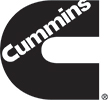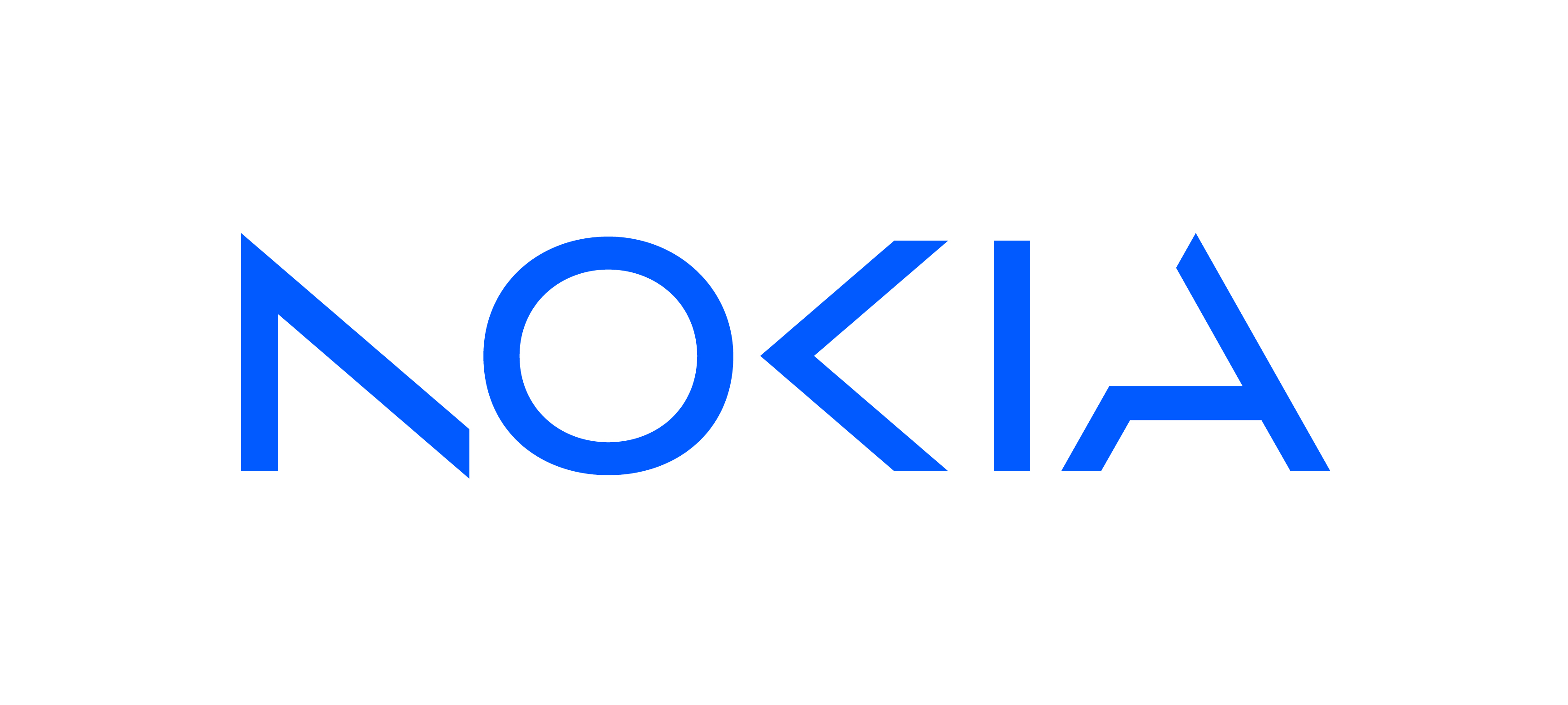Publications

Total Documents: 8
 Consultation by the Legal Services Board on regulation of in-house lawyers
Consultation by the Legal Services Board on regulation of in-house lawyers
The Legal Services Act 2007, which followed the Clementi Review, had two main practical effects:
- first, it established regulators for lawyers and the Legal Ombudsman independent of professional bodies for lawyers; and
- secondly (not relevant in the present context), it permitted the creation of private practices consisting of different types of lawyer (“LDPs”) and also consisting of lawyers together with non-lawyers (“ABSs”).
The Federation’s members employ, “in-house”, the following classes of lawyer to do IP work: registered UK patent attorneys, registered UK trade mark attorneys, English solicitors, and English barristers. Sometimes, members employ European patent attorneys lacking national registration; these are not lawyers under the Legal Services Act, but valuably their communications with their clients/employers are privileged on a par with registered UK patent attorneys (Copyright, Designs and Patents Act 1988, Section 280).
 Claim format harmonisation
Claim format harmonisation
The Federation’s proposal for international claim format harmonisation, to facilitate cooperation between patent offices and to help users
The Federation’s members are all engaged in international commercial activity and patenting. As patentees and/or as potential infringers of third-party patents, they waste time and money to the extent there are unnecessary differences in law and procedure between major territories. The same differences waste the time of patent office examiners, who are less able to take advantage of each other’s work. There are differences whose elimination –
- should be readily negotiable internationally because they do not raise fundamental issues of principle (as differences in grace periods, exceptions and limitations, and industrial applicability do); and
- should offer particular savings because they are of practical relevance to most inventions rather than just to a minority of inventions (as are the more fundamental differences just referred to).
 Copyright Update
Copyright Update
Copyright is relevant to many different kinds of commercial activity. During 2013 there has been a steady flow of industry initiatives, government initiatives at UK and European level, and developments in case law. The EU agenda has been delayed, so the UK has taken the opportunity to make its own progress in areas where the EU may yet legislate, working on the basis that it will make any necessary amendments as and when EU Directives are transposed into UK law. Most of the developments are concerned with adapting copyright law to cope with the effects, and advantages, of digital technology.
 Copyright & Levies
Copyright & Levies
In December 2011, the Government published proposals for implementing a number of the recommendations relating to copyright which it had accepted in its August 2011 response to the Hargreaves Review of IP and Growth. Simultaneously Baroness Wilcox, the IP minister at the time, launched a Government consultation seeking views on these proposals.
 Commission Consultation on the Enforcement Directive
Commission Consultation on the Enforcement Directive
 Copyright Levies
Copyright Levies
 Copyright Levies
Copyright Levies
EU
On 7 January 2010 talks aimed at modernizing the system of private copy levies in Europe broke down when industry called time. The discussions, dating back to July 2008, had been held in the context of a ‘Stakeholder Platform’ facilitated by the European Commission involving Collecting Societies and industry representatives, with BEUC (the European consumer organization) having observer status. After 18 months, as far as industry was concerned, the talks had failed to deliver any concrete results and there was no prospect even of agreeing a way forward.


































